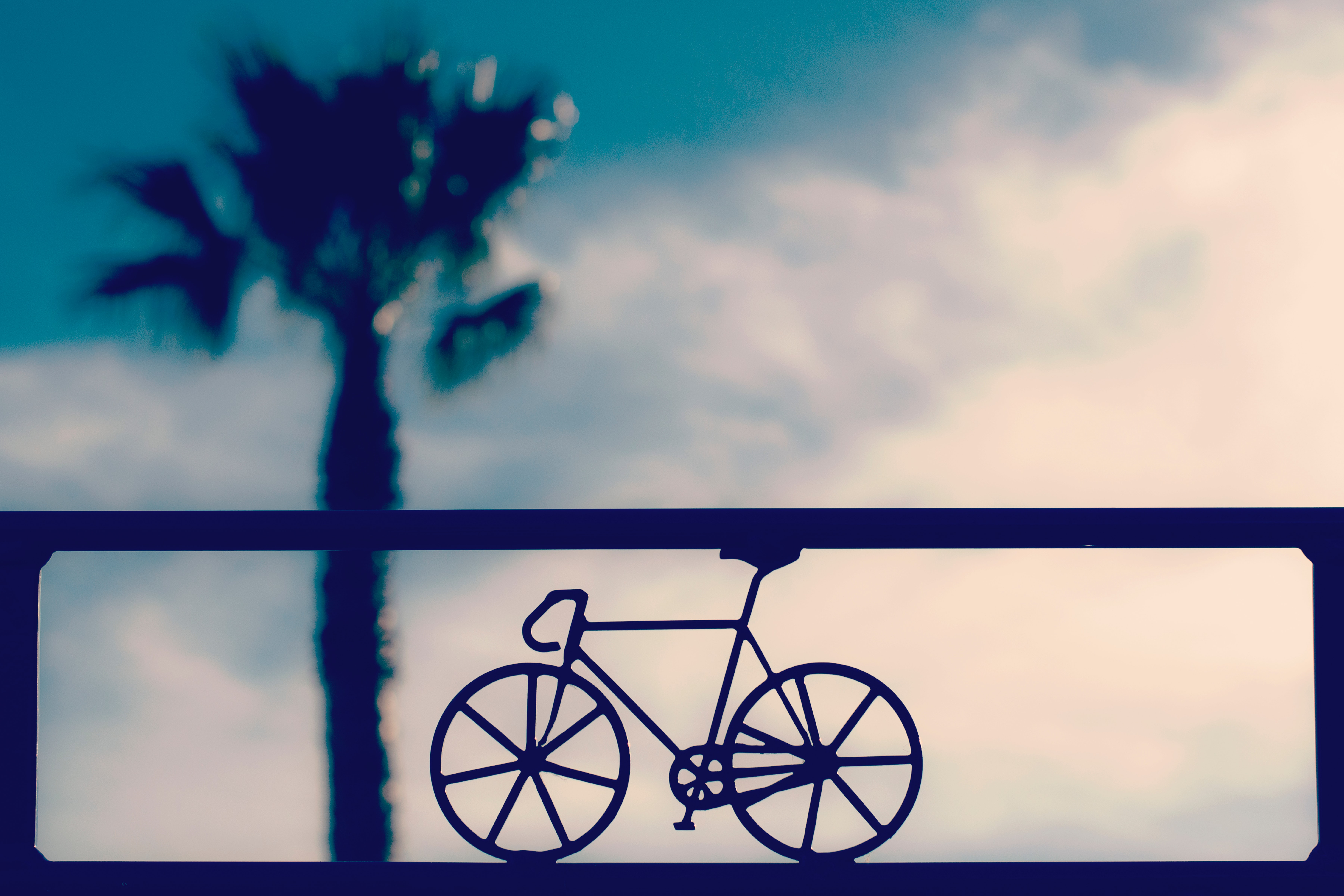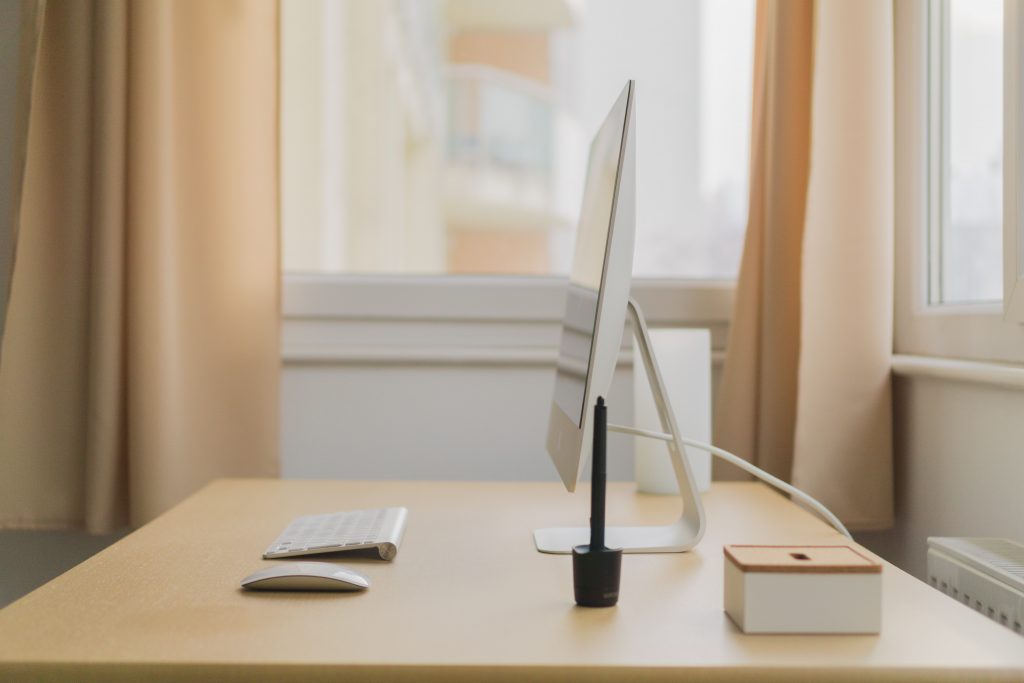
I love to read stuff about doing things in your own way. Weeding out and selecting and finding what works for you, and you only.
It’s so easy to consume other people’s opinions. Someone tells you they did something a certain way, and that if you do exactly the same it’ll work out for you too.
Another person giving their opinion based on what they’ve heard other people saying over the years.
Then there’s collective thinking. Things we see in the media or online, things it seems everyone knows; what constitutes a good job, a successful relationship, the only way to live a good life.
Thing is, there’s always an exception to the rule.
I read a piece by writer Ruby Tandoh about quitting. Generally we’re advised not to quit things. It’s seen as failure, as being lazy, as giving up, as not putting enough effort in.
Her take on it is – there’s amazing liberation to be found in quitting when you feel like it. You have a choice, and you can make it. You can quit something that isn’t working for you, that isn’t feeling good.
(Obviously this is dependant on circumstance, and being in a privileged position in the first place).
“Only later in life does the penny slowly drop and you realise that quitting isn’t just about wimping out or a can’t-be-bothered attitude. It’s about taking control of the situations, people and relationships that can forge – or damage – the meandering path of your life.”
–Ruby Tandoh article in WePresent
I loved hearing a different take on quitting. I quit my job four years ago. I’d stayed for years believing you could only leave a job when you had another great one sorted. Ideally with a pay rise. That thinking kept me stuck for years.
Because I had no idea what my next step would be. And as it wasn’t clear, and I didn’t know how to go about exploring what was out there, I just stayed put.
When I finally did leap – with savings, some potential freelance work and temp work on the cards, a bed at my parents should things get desperate – it felt like the best thing I’d ever done.
“The only thing more thrilling than quitting something is starting something new. In the vacuum that quitting creates, countless new maybes rush in.”
–Ruby Tandoh article in WePresent
It felt like the first time I’d really made a big decision for myself, that I was actually taking control of my life, and the direction in which it would go.
I read a ton of books beforehand about career change, finding your passion, going freelance, being an entrepreneur. I’d read enough to convince me that I could be one of those people. That it is possible to quit a job and not only survive, but maybe go on to bigger and better things.
I’m not necessarily suggesting you quit your job, it’s not a decision to take lightly. But I’m saying that you have to work things out your way, find what works for you.
Take on advice, take on different ideas about how to do things, and try them out for yourself. Keep what works, chuck anything that doesn’t.
Make decisions based on you and your life, not solely on what others think.
If you’d like to try a coaching session with me, send me a message on LinkedIn or at joaopoku@gmail.com for more info and details.
Written during Writers’ Hour. Join me on the next one.
Photo by Tim Mossholder on Unsplash


